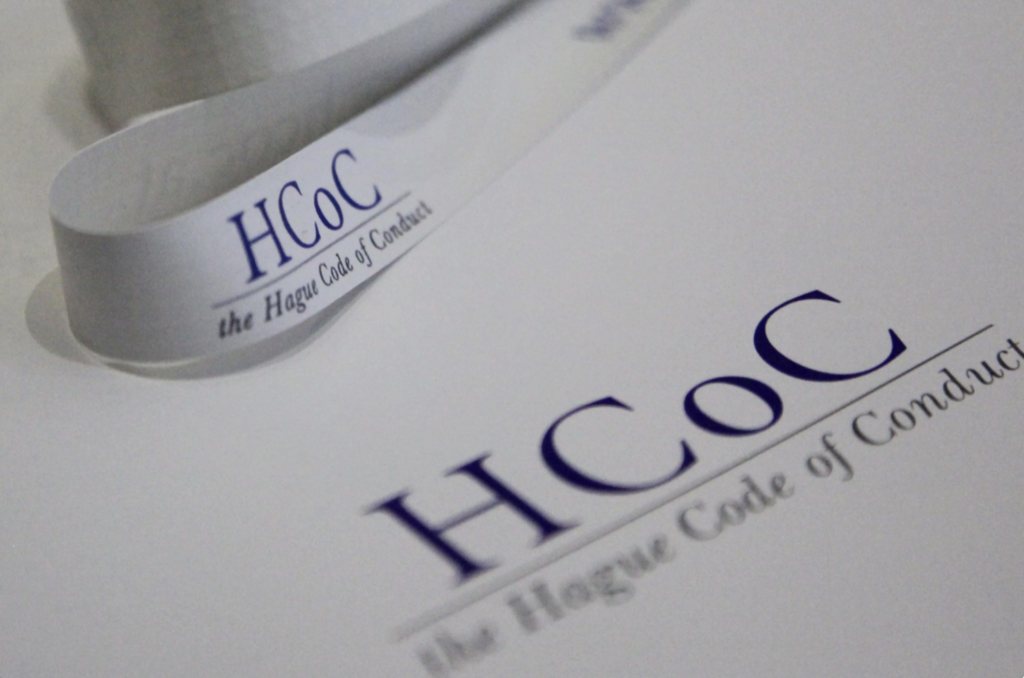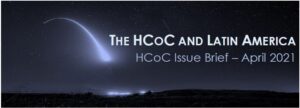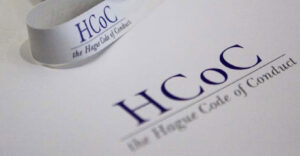Awareness-building session on HCoC in Paris
9 September 2013
On 9 September 2013, the FRS organised, on behalf of the European Union, an awareness-building session in Paris about dual-use technology and knowledge transfer issues in order to prevent them in the field of ballistic missiles. The session allowed considering both trends in the technology transfer for ballistic missiles and what could be promoted to prevent it at an early stage. This workshop gathered experts from scientific, space and industry communities of HCoC subscribing and non-subscribing States.
AGENDA
WELCOMING REMARKS
- Alexandre HOUDAYER, Secretary General, Foundation for Strategic Research (FRS)
- Adebayo BABAJIDE, Head of Sector, Global Disarmament, Space, Conventional Arms and Arms Expert Control Policies, Non-Proliferation and Disarmament Division, European External Action Service
I/ HCoC & TECHNOLOGY ISSUES, AN INTRODUCTION
- Dr. Xavier PASCO, Senior Research Fellow, Foundation for Strategic Research (FRS)
II/ A U.S. PERSPECTIVE ON SPACE-LAUNCH TECHNOLOGIES
Michael GOLD, Director of D.C. Operations and Business Growth, Bigelow Aerospace LLC
III/ A EUROPEAN PERSPECTIVE ON TECHNOLOGY TRANSFERS
Ettore SCARDECCHIA, Head of Product Development, European Launch Vehicle

WRAP-UP SESSION: CURRENT & FUTURE CHALLENGES FACING HCoC
- Dr. Xavier PASCO, Senior Research Fellow, Foundation for Strategic Research (FRS)




